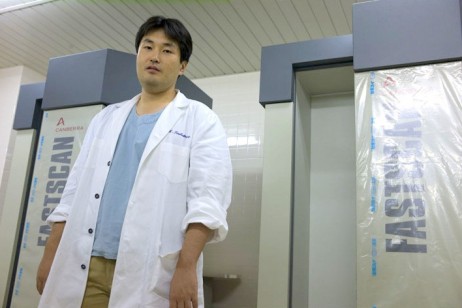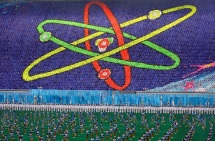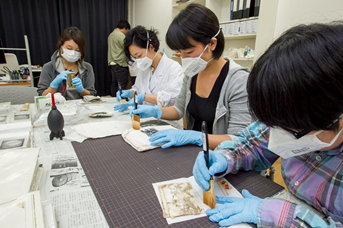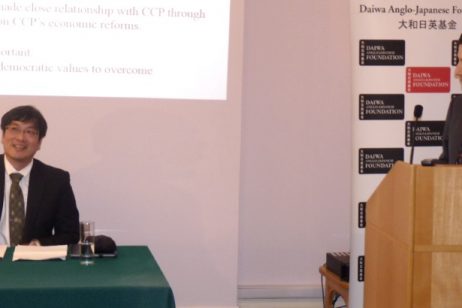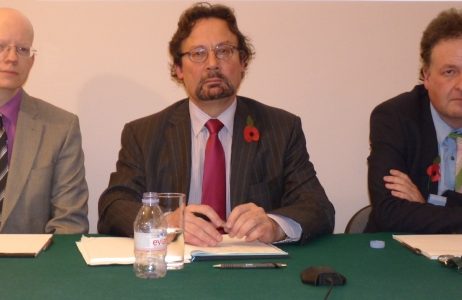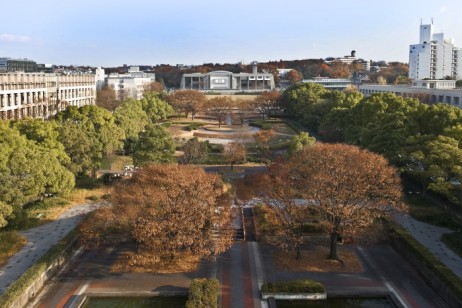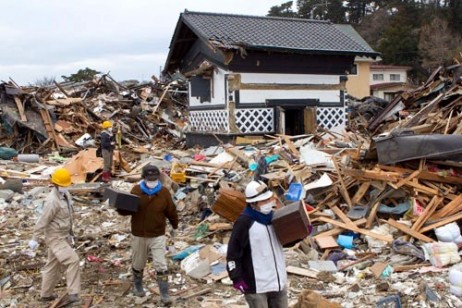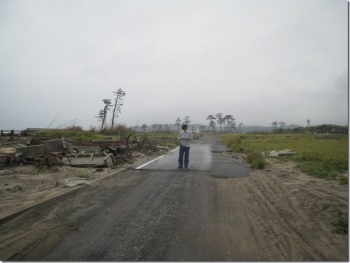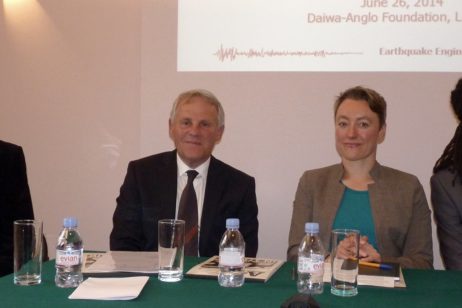12 February 2015
Report From Fukushima: Health Issues After the 2011 Nuclear Incident
Dr Tsubokura and Dr Morita are medical doctors based at Minamisoma General Municipal Hospital and Soma Central Hospital, located in coastal cities of Fukushima Prefecture (Minamisoma City and Soma City, 15-40km north of the nuclear plant). They gave a talk on the current local situation in the context of radiation issues and other public health problems that have arisen after the incident.
詳細